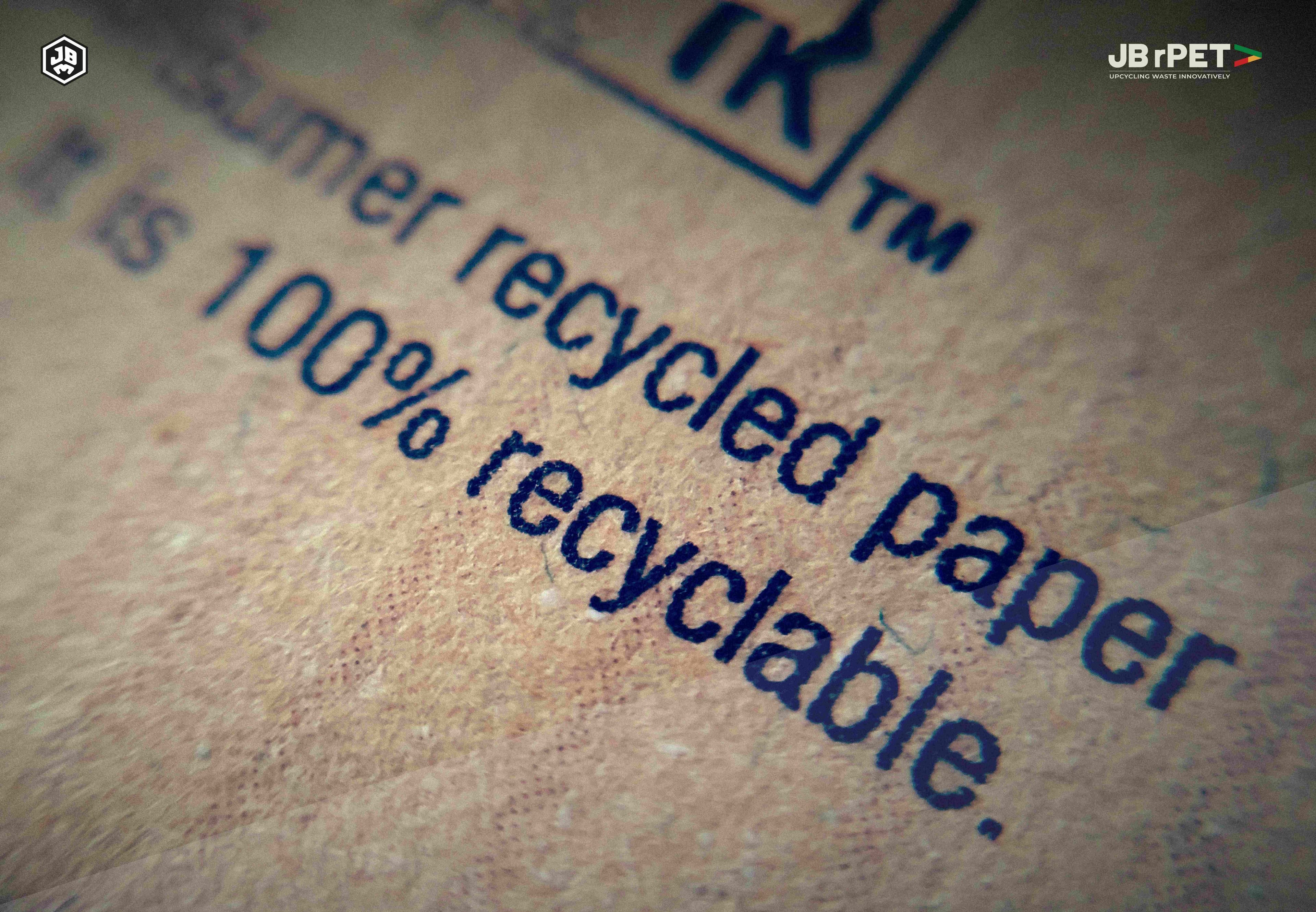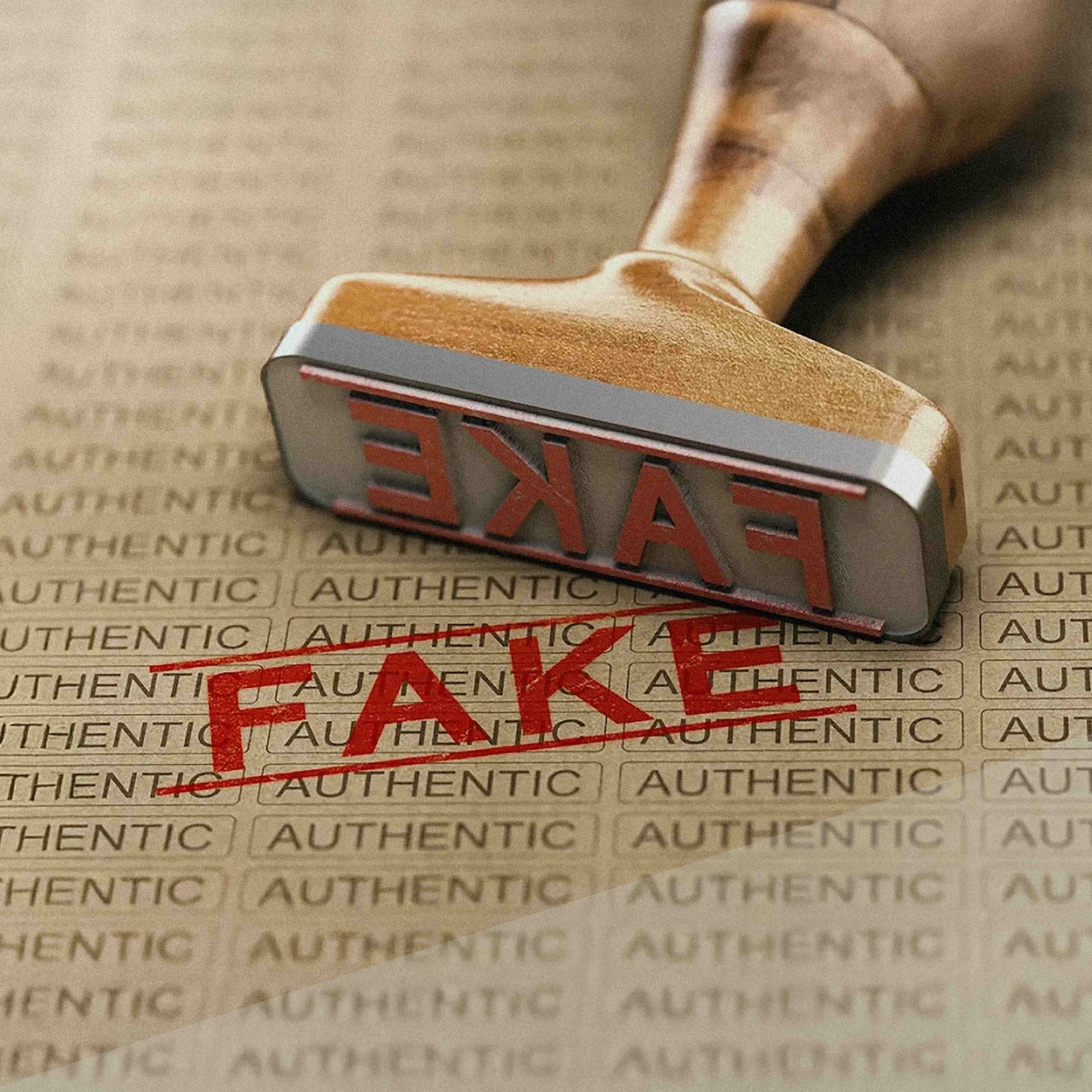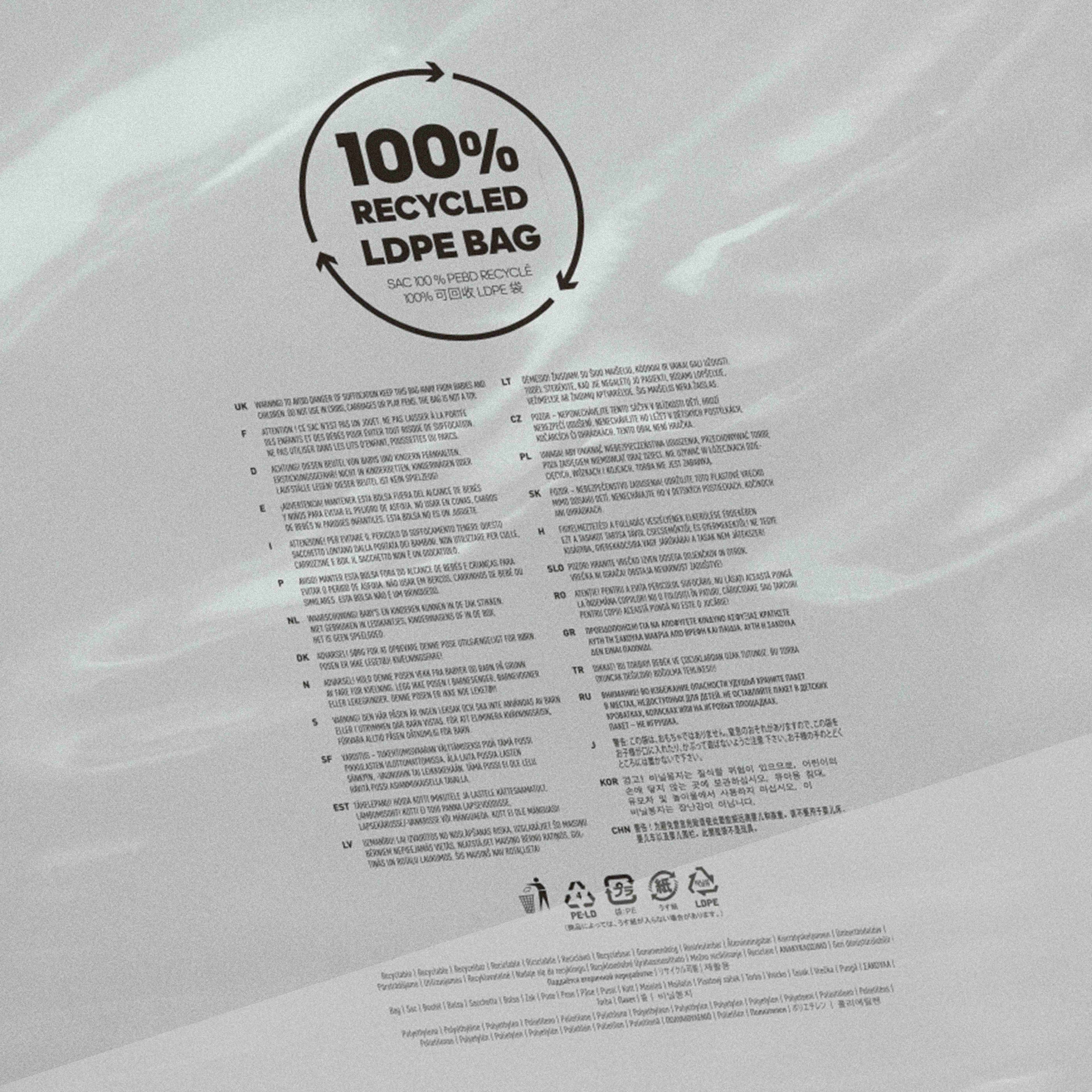Ending Fake Recycling: How Businesses and Consumers Can Ensure True Circularity

In the age of sustainability, companies proudly advertise the fact that they use "recycled materials" and "eco-friendly packaging." But the reality is stark: much of what is marketed as recycled isn't actually recycled. Fake recycling has become a serious loophole, brands are ticking compliance boxes without making any real impact.
This isn't merely a supply chain flaw, it's a systemic failure we can all help rectify. From boardrooms to buying decisions, all stakeholders share responsibility for ending false recycling. The question is: how can we come together to shut the door on greenwashing and make real circularity the norm?
What Is Fake Recycling?
Fake recycling occurs when a product is labelled as “recycled” but does not meet the true criteria of being processed from post-consumer or post-industrial waste. Some common ways this happens include:
- Buying flakes but not using them: Some manufacturers purchase recycled plastic fl akes (such as PET bottle fl akes) to show proof of procurement, but do not use them in production. Instead, they use virgin material and pass off a different batch as recycled.
- Single-time audit compliance: Brands may pass one-time certifications but don’t maintain quality control over time. Regular tests like Intrinsic Viscosity (IV), FTIR (Fourier-Transform Infrared Spectroscopy), and IPA (Isophthalic Acid) testing are rarely repeated to verify recycled content.
- False labelling: Some suppliers use ambiguous or fake certificates to mark virgin or mixed plastics as "recycled", bypassing traceability and ethical sourcing standards.

These practices not only dilute the quality of recyclates but also continue causing harm to the environment in the name of sustainability
Why It Matters
At the heart of circularity lies a simple principle: materials should be reused and repurposed to reduce dependency on virgin resources. Fake recycling disrupts this by:
- Polluting the market with inferior or falsely labelled products.
- Eroding consumer trust in green products and brands.
- Undermining authentic recyclers and sustainable manufacturers.
- Delaying climate action by increasing carbon footprints unknowingly.
- For circularity to work, there needs to be integrity and transparency in every link of the supply chain.
How Can Businesses Tackle Fake Recycling?
1. Adopt Verified Suppliers:
Work with suppliers who provide GRS (Global Recycled Standard)-certified and traceable rPET or other recycled materials. Choose partners that invest in regular batch testing and allow transparent audits.
2. Use Advanced Testing Methods:
Regular chemical and mechanical tests like IV testing (to measure degradation), FTIR (to check polymer composition), and IPA testing (to confirm recycled origin) are essential to ensure the material is truly recycled and not mixed or virgin.

3. Build Supply Chain Transparency:
Implement tracking systems that follow the journey of recycled material, from collection to processing to final product. Blockchain and digital traceability tools are increasingly being adopted for this purpose.
4. Educate and Train Teams:
From procurement officers to brand managers, internal teams must be trained to identify genuine sustainability claims, understand certifications, and avoid greenwashing pitfalls.
5. Commit to Continuous Audits:
Passing one certification is not enough. Businesses should commit to regular compliance audits and share sustainability performance publicly to earn consumer trust.
How Can Consumers Be Part of the Solution?
1. Read Labels Carefully:
Look for certified standards like GRS, USFDA-approved rPET chips. Be wary of vague terms like “eco-friendly” without proof.

2. Ask Brands Questions:
Consumers have power. Ask how a brand’s recycled material is sourced and verified. The more pressure customers put, the more transparency brands are forced to maintain.
3. Support Ethical Companies:
Choose to buy from rPET manufacturers that go beyond green marketing and invest in real circular systems. Rewarding these brands with loyalty creates a demand-driven shift in the market.
4. Spread Awareness:
Share knowledge about fake recycling with your community. When more people understand the issue, it becomes harder for unethical practices to continue unnoticed.
Ending Fake Recycling: A Shared Mission
Ending fake recycling is not the job of one company, one government, or one consumer. It requires a shared commitment from all of us. It's up to us to make sure that recycled truly means recycled.
Key Takeaways
- Choose verified suppliers: Partner with certified, traceable sources that practice real recycling.
- Implement rigorous testing: Use methods like IPA testing to ensure authenticity
- Conduct ongoing audits: Regular audits keep the system honest and reliable
- Empower your team: Educate internal teams on certifications and how to spot greenwashing
- Consumers can make a difference: Ask brands tough questions and choose ethically-sourced products
At JB rPET, we stand firmly against fake recycling. Our commitment to traceable, tested, and truly recycled PET pellets helps build a truly circular system. Together, we can ensure that recycled doesn’t just mean labelled, it means verified, ethical, and real.
Let’s not just close the loop in theory, let’s do it for real.